Ziang Leng
Boston University
Does Role-Playing Chatbots Capture the Character Personalities? Assessing Personality Traits for Role-Playing Chatbots
Oct 30, 2023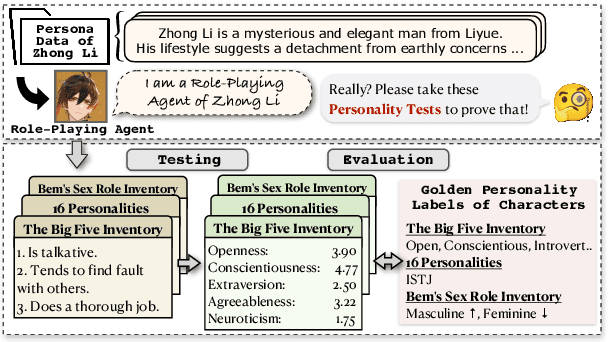
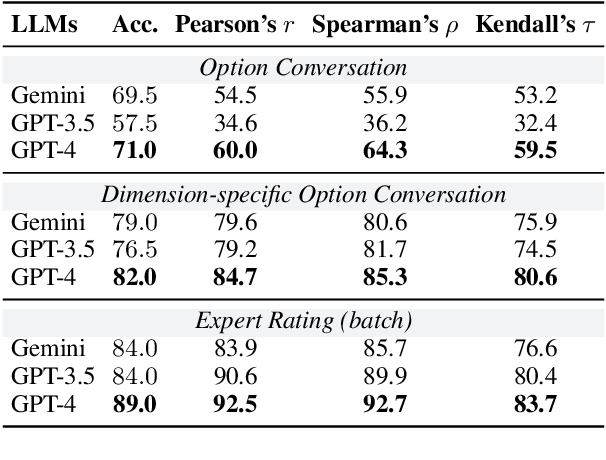
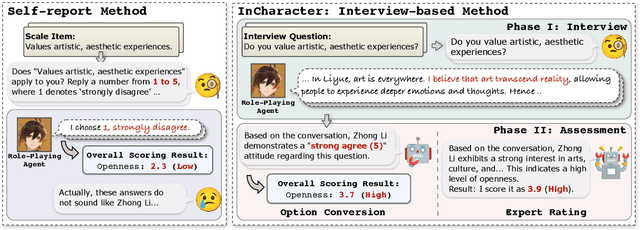
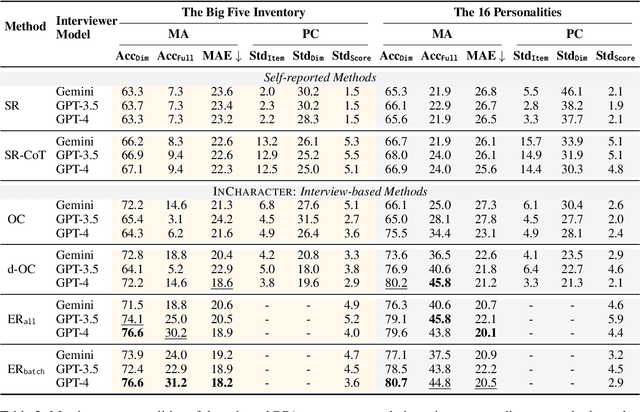
Abstract:The emergence of large-scale pretrained language models has revolutionized the capabilities of new AI application, especially in the realm of crafting chatbots with distinct personas. Given the "stimulus-response" nature of chatbots, this paper unveils an innovative open-ended interview-style approach for personality assessment on role-playing chatbots, which offers a richer comprehension of their intrinsic personalities. We conduct personality assessments on 32 role-playing chatbots created by the ChatHaruhi library, across both the Big Five and MBTI dimensions, and measure their alignment with human perception. Evaluation results underscore that modern role-playing chatbots based on LLMs can effectively portray personality traits of corresponding characters, with an alignment rate of 82.8% compared with human-perceived personalities. Besides, we also suggest potential strategies for shaping chatbots' personalities. Hence, this paper serves as a cornerstone study for role-playing chatbots that intersects computational linguistics and psychology. Our resources are available at https://github.com/LC1332/Chat-Haruhi-Suzumiya
ChatHaruhi: Reviving Anime Character in Reality via Large Language Model
Aug 18, 2023



Abstract:Role-playing chatbots built on large language models have drawn interest, but better techniques are needed to enable mimicking specific fictional characters. We propose an algorithm that controls language models via an improved prompt and memories of the character extracted from scripts. We construct ChatHaruhi, a dataset covering 32 Chinese / English TV / anime characters with over 54k simulated dialogues. Both automatic and human evaluations show our approach improves role-playing ability over baselines. Code and data are available at https://github.com/LC1332/Chat-Haruhi-Suzumiya .
Learning to mirror speaking styles incrementally
Mar 05, 2020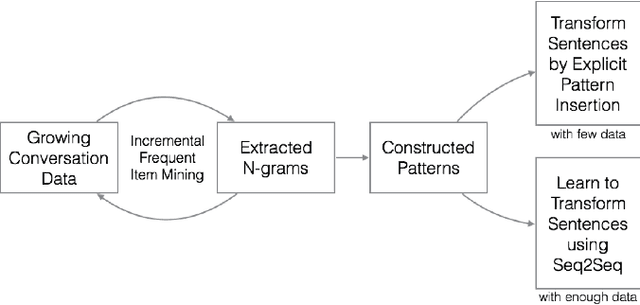
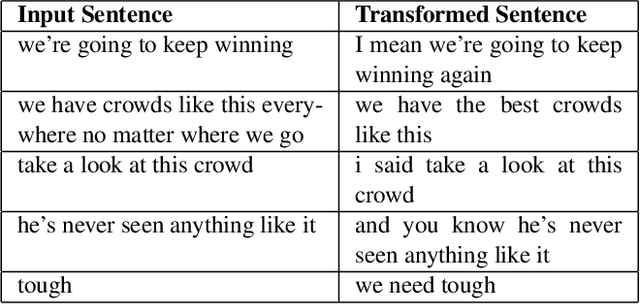
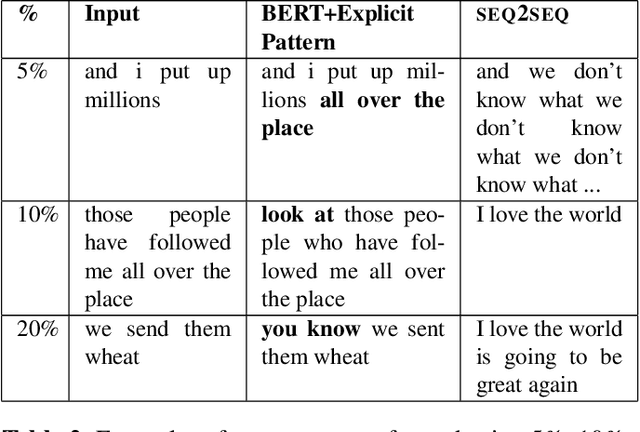
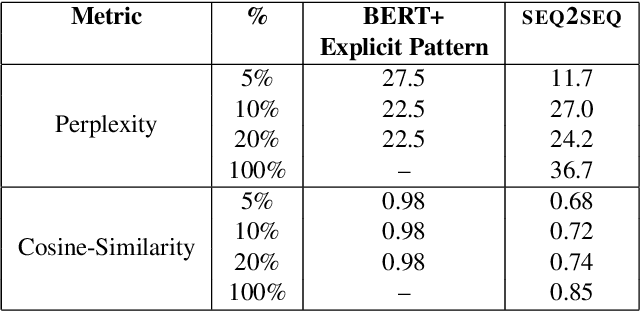
Abstract:Mirroring is the behavior in which one person subconsciously imitates the gesture, speech pattern, or attitude of another. In conversations, mirroring often signals the speakers enjoyment and engagement in their communication. In chatbots, methods have been proposed to add personas to the chatbots and to train them to speak or to shift their dialogue style to that of the personas. However, they often require a large dataset consisting of dialogues of the target personalities to train. In this work, we explore a method that can learn to mirror the speaking styles of a person incrementally. Our method extracts ngrams that capture a persons speaking styles and uses the ngrams to create patterns for transforming sentences to the persons speaking styles. Our experiments show that our method is able to capture patterns of speaking style that can be used to transform regular sentences into sentences with the target style.
 Add to Chrome
Add to Chrome Add to Firefox
Add to Firefox Add to Edge
Add to Edge